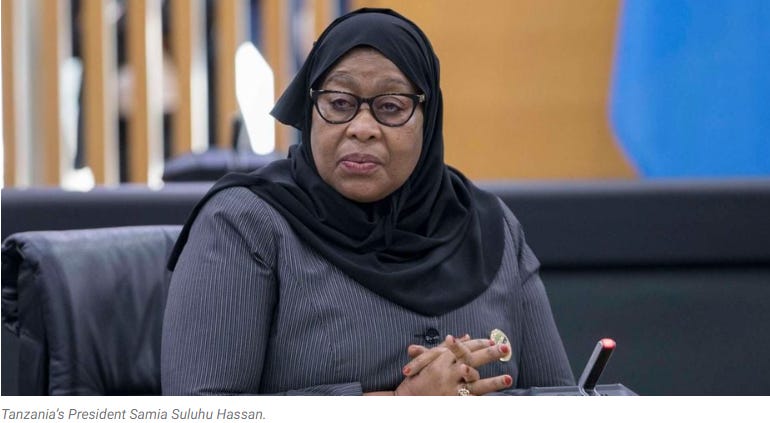Inside the Endgame: The Imminent Collapse of Tanzanian President Samia Suluhu’s Regime
Ujasusi Blog’s East Africa Monitoring Team | 9 November 2025 | 0235 GMT
Strategic Intelligence Assessment (Executive Brief)
Tanzania has entered a terminal crisis of state legitimacy.
What began as a promise of post-Magufuli moderation under President Samia Suluhu Hassan has hardened into a fragile autocracy facing acute failure. The immediate aftermath of the disputed October 2025 general election—where official results claimed a 98% victory despite widespread contention—has catalysed a shift from authoritarian equilibrium to violent instability.
With confirmed reports of sustained state-perpetrated killings (massacres) now surfacing, the regime has passed the point of strategic recovery. It is no longer approaching a managed implosion; it is in the early stages of an acute rupture.
🇹🇿 Comprehensive Overview
Tanzania’s governance architecture now resembles the structural fragility observed in other African regimes immediately before determined transitions.
Between 2023 and late 2025, verified open-source incidents illustrate severe political volatility—from the forced disappearances documented by the Legal and Human Rights Centre (LHRC) to rapid leadership turnovers within the Tanzania Intelligence and Security Service (TISS).
This analysis integrates comparative intelligence patterns to situate Tanzania’s trajectory:
Zimbabwe (2017) & Sudan (2019): Models of “regime inoculation,” in which the deep state (military/party elite) removes the figurehead President to save the system from total collapse due to unmanageable civic pressure or economic ruin.
Mozambique (2024–2025): A counter-model of “brute force resilience,” where a regime weathers post-election massacres through supreme elite cohesion and regional apathy—a path CCM is attempting, but likely failing, to emulate due to higher donor dependence.
💡 Analytic Techniques Used
Key Assumptions Check (KAC)
Indicators & Warnings (I&W)
Leadership Profiling (LP)
Alternative Futures Analysis (AFA)
Red Team Analysis (RTA)


